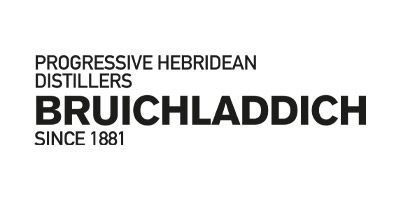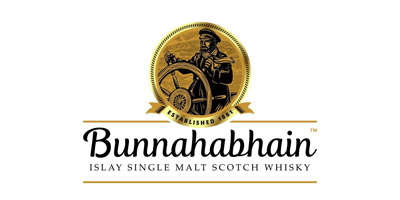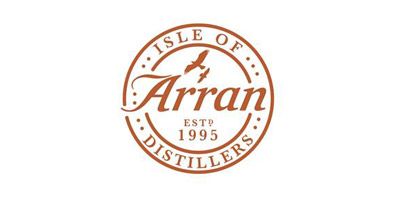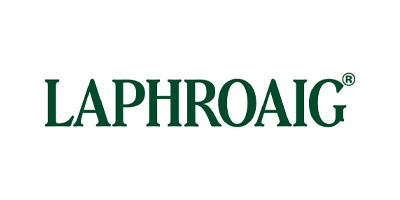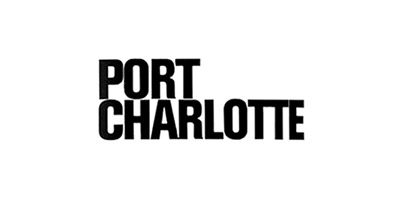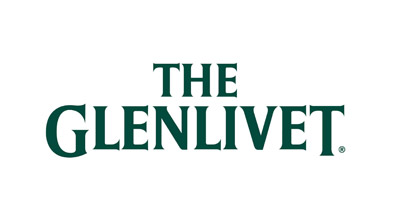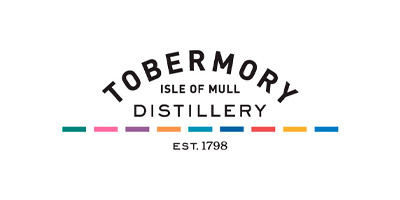Exploring Diverse Paths of Scotch Whisky Cask Ownership: Navigating Ownership Verification and Assurance
Exploring Varieties of Scotch Whisky Cask Ownership: Ensuring True Ownership of Your Cask(s)
Thorough research and due diligence are key to a satisfying and secure whisky cask ownership experience.
Legal Documentation
Ensure you receive legally binding documentation with all of the cask’s unique data.
Transparency
Choose reputable distilleries or cask management companies with transparent processes and clear communication.
Cask Storage
If you own the physical cask, confirm its storage location.
Bottling Control
If applicable, ensure you have the final say on when and how your whisky is bottled.
Independent Verification
Seek third-party verification or legal advice to confirm your ownership rights.
Clients under our WOWGR
Clients with own accounts
Bonded Warehouses
Delivery Order
After settlement and AML-check completed, we transfer the cask(s) to a customer’s private bonded warehouse account by way of a ‘Delivery Order’ (DO) unless there is a minimum maturation clause (MMC) attached to the cask by the distillery. The client must have a private account set up with an HMRC approved excise warehouse. All storage, insurance, account set-up fee and cask management costs will be the client’s responsibility from the date of the DO.
Stored Under WOWGR
The cask(s) are stored under our WOWGR licence at one of our twenty-five HMRC approved excise warehouse accounts throughout Scotland and we become the custodian of the cask(s). The client receives an invoice with all the cask’s unique data listed, including the distillery, spirit name, cask number, RLA/OLA, AYS, ABV, cask size/type and storage location. Once the invoice is settled and AML-check completed, the client receives a paid invoice receipt and a signed and stamped certificate of ownership with all the same corresponding cask data. None of the casks we hold on behalf of our clients (£50+ million) sit on our balance sheet. Therefore, in a court of English law, the client is the legal owner of the purchased cask(s) and in the unlikely event that we went into liquidation, you can prove legal ownership of your cask(s) and those casks would not be included in the assets that are liquidated.
Blue-chip Distilleries
We source from the best Scottish distilleries
